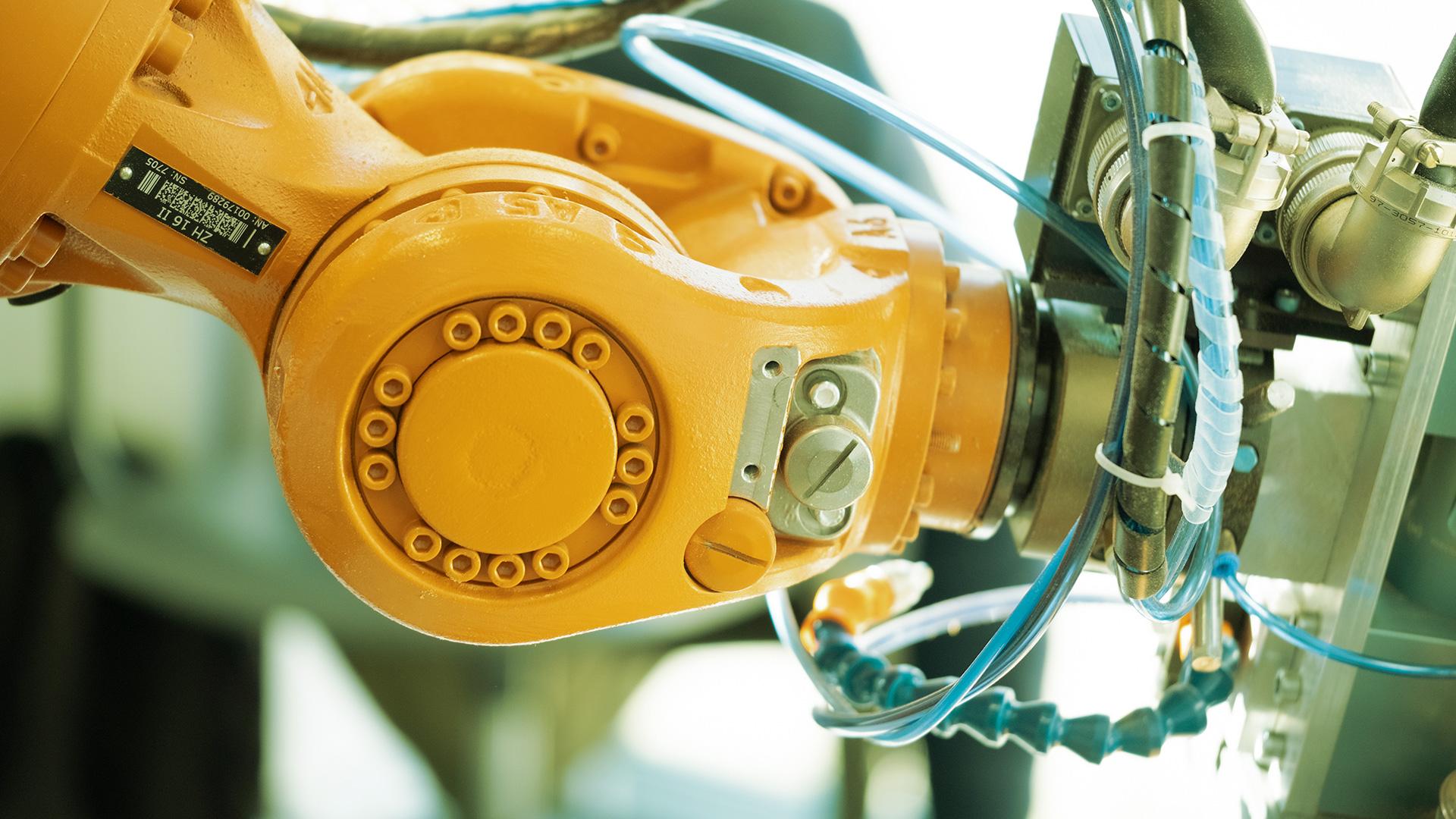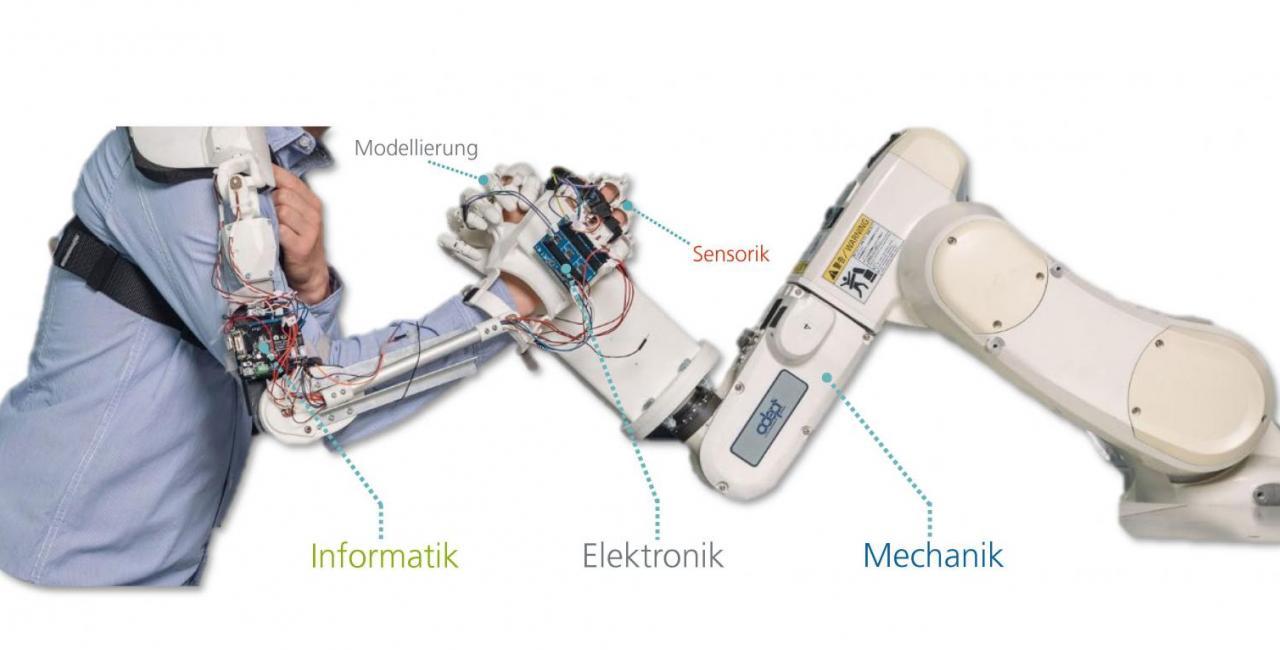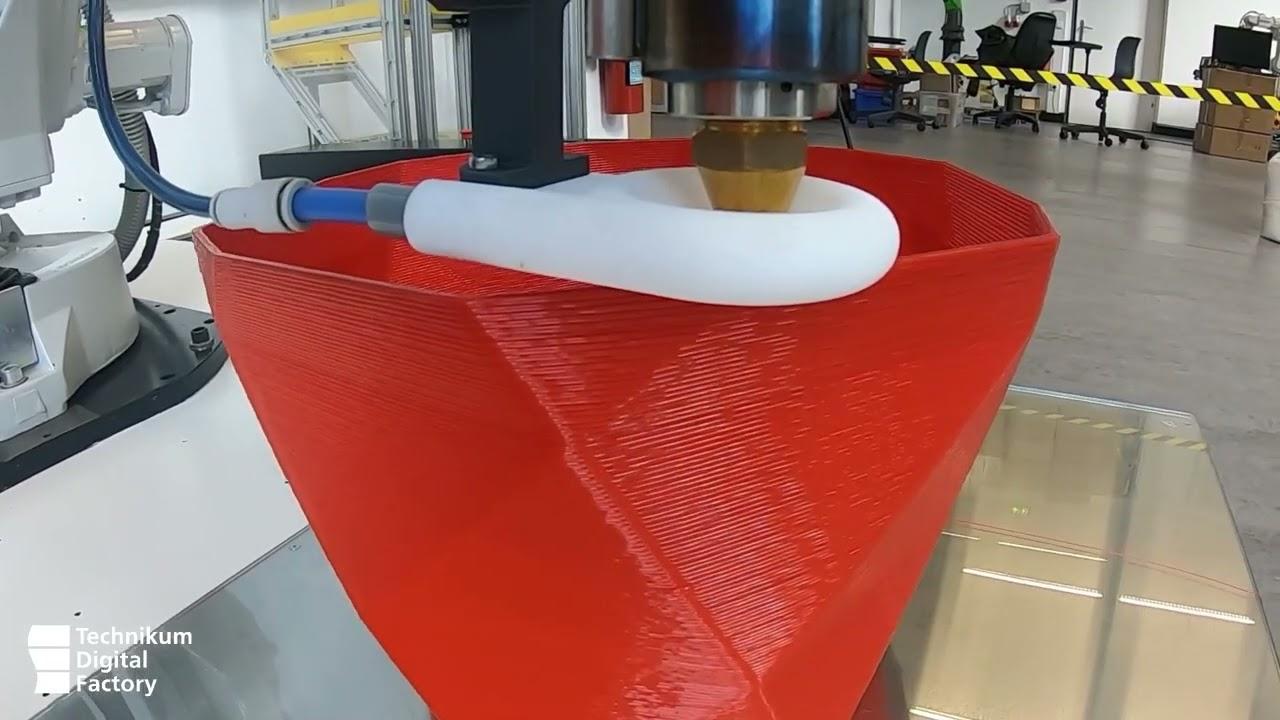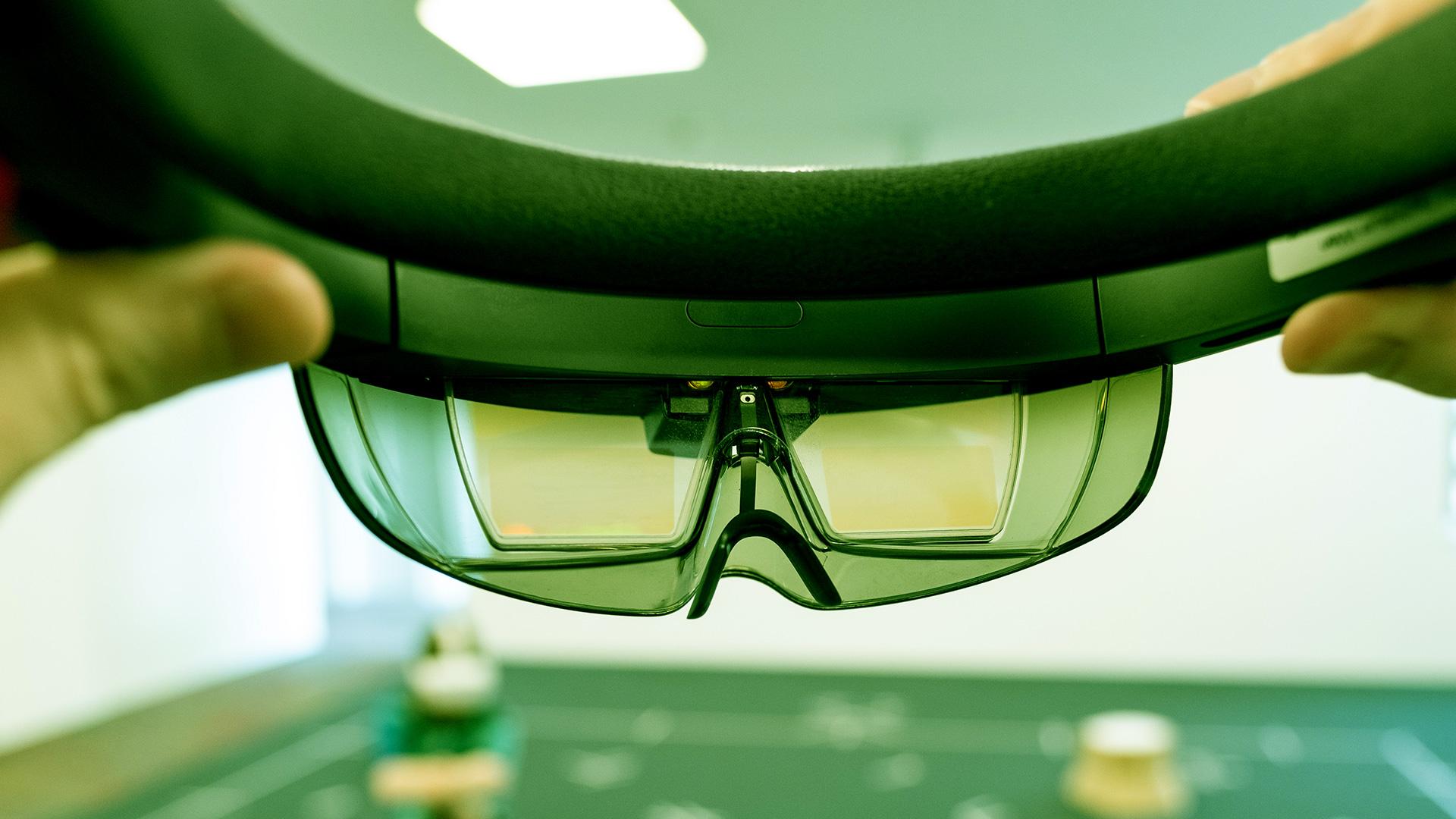Focus on Industrial, Mobile and Service Robotics
In the winter semester of 2022, the master’s program Robotics Engineering will start at the FH Technikum Wien (previously: Mechatronics/Robotics). The program offers a sound education at the interface of mechanics, electronics and computer science – with a focus on industrial and mobile/service robotics. Building on the basic knowledge of the bachelor’s degree in mechatronics/robotics or another technical UAS or university degree program, the program is dedicated to a complex and promising technical discipline: robotics in all its facets.The course is offered in part-time.
Program
Focuses
Facts
- Start of semester: Beginning of September
- Duration: 120 ECTS credits, 4 semesters
- Degree: Master of Science (MSc)
- Mode: Part-time, german
- Costs per semester: € 363.36 tuition fee, € 25,20 ÖH fee; € 3,000 Tuition fee for students from third countries: exceptions and information
- ECTS in English: 30
- Recommended semester abroad (optional): 2, 3, 4
- Available Double Degree program(s): UAS Luzern
Attendance times

Diverse Practical Experience in Modern Laboratory Facilities
In order to ensure that concepts such as robotics, Industry 4.0 and digitalization are not only taught in theory, students are provided with a wide range of opportunities for practical application. Above all, the modern laboratory facilities, such as the Digital Factory of the UAS Technikum Wien, enable optimal implementation of practical projects and offer students an opportunity to practice for their semester projects or theses.
Optional Double Degree Program
The program is also offered as a double degree program in cooperation with the Lucerne University of Applied Sciences and Arts in Switzerland. A double degree is a double degree between two universities and enables students from both universities to gain experience abroad while simultaneously obtaining a second degree. In a double degree program, the exact course of study and the mutual recognition of courses are contractually regulated, and the final theses are mutually recognized. For all details, please contact the study program.

What Makes Robotics Engineers?
- Whether in the automotive, aerospace or space industry, medical technology and pharmaceutical industry or in the field of automation technology – they can be found everywhere.
- You think interdisciplinary and have a very good knowledge in the fields of mechanical engineering, electronics and computer science.
- They are involved everywhere from the idea of how a machine is created, its conception and design, to its construction and manufacture, to its commissioning.
- They create design, production, assembly, circuit and installation plans for intelligent machines.
- They design the mechanical, electronic and electrotechnical parts and assemble them into a robot system.
- They apply various metalworking and joining techniques and wire the electronic and electrotechnical elements.
- They assemble the drive systems, sensors and switches, which they then adjust.
- They develop the software for programming the robots and deal with the methods of signal processing and control.
- After commissioning, they inspect the finished robot for errors and faults in order to rectify them.
- They regularly perform maintenance work on robots, replace components and document these activities.
- They work in research and primarily investigate new approaches, methods and possible applications for robots: i.e. how can robots be built, which materials are suitable, how is the energy supply ensured, how can they be communicated with and what are the possible applications.
- They are studying human-robot collaboration and how a robot must be designed to avoid risk of injury to humans, the locomotion capabilities of robots in unstructured environments, or how robots can become intelligent, and are trying to answer questions about how robots will learn to control and organize themselves in the future.
- They construct prototypes that they test in different situations.
- You will not only experience digitization and automation live, but also actively shape it.
Career Prospects
Roboter sind die Maschinen der Zukunft – wir stehen am Beginn einer technischen Entwicklung, die unsere Welt entscheidend prägen wird. Durch nahtlose Integration der klassischen Ingenieurdisziplinen Maschinenbau, Elektronik und Informatik entstehen immer neue Produkte mit hoher Leistungsfähigkeit. Absolvent*innen arbeiten beispielsweise in der Projektierung von Robotiksystemen, im Produktmanagement, im Life Cycle Management von Industrieautomation und Anlagenbau, in der Arbeits- und Anlagensicherheit technischer Betriebe, im Bereich Forschung und Entwicklung oder übernehmen Führungsverantwortung als Projektleiter*in in der Mechatronikbranche.
Requirements
Master’s degree programs build on a completed bachelor’s degree program and allow students to specialize or focus on topics in more detail or to expand their existing expertise.
You must meet subject-matter requirements to be admitted to the Robotics Engineering master’s degree program. Prerequisites include a bachelor’s degree from a UAS in a relevant subject matter or an equivalent degree from a recognized post-secondary educational institution (at least 180 ECTS credits) in Austria or another country.
If basic equivalence has been established except for a few missing prerequisites, the program director can require students to take exams to establish full equivalence. These exams are taken during the master’s program.
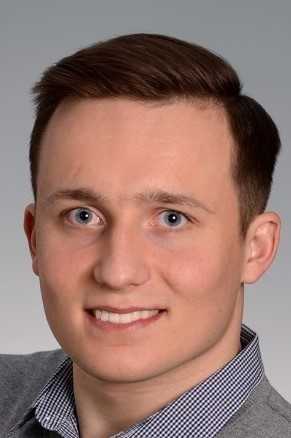
News from this Program
Contact
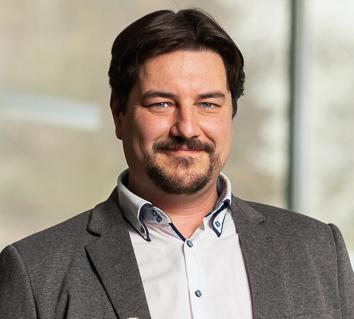
Program Director Mechatronics/Robotics
Program Director Robotics Engineering

Administrative Assistant
Master Robotics Engineering
Download
Application
The next step to study Master Robotics Engineering is to apply via our online application system:
- The entire application process is handled via a dedicated application website.
- Your data is stored securely and is being treated with strict confidentiality.
- A registration system makes it possible to start an application and complete it at a later point in time.
- Once you have entered your user data and uploaded documents, you can also use them for subsequent applications.
